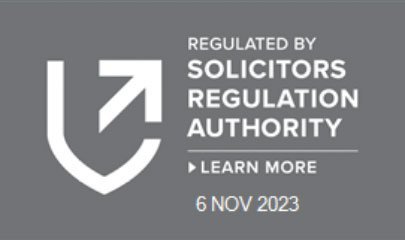Types of surrogacy
Straight surrogacy is when the surrogate provides her own eggs and the intended father provides sperm, either for self-insemination or artificial insemination.
Host surrogacy is when the surrogate has no biological link to the child. The embryo is created in vitro and transferred into the uterus of the surrogate. This may be done using eggs of the intended mother fertilised with the sperm of the intended father/donor, or, using eggs of a donor fertilised with the sperm of the intended father.
In both cases, the surrogate will be the child’s legal parent. The transfer of legal parenthood happens by the IP(s) obtaining a parental order from the court.
In order to apply for a parental order, at least one of the IPs in a couple must be genetically related to the child. Certain criteria must be met before the court will issue a parental order, including the following:
- the IP(s) must be at least 18 years old;
- the surrogate (and her partner if she is married or in a civil partnership) must consent;
- the child must have been conceived artificially and be genetically related to one of the IPs;
- the child must be living with the IP(s);
- IP(s) must apply within 6 months of the birth of the child.
Legal considerations
Surrogacy is legal in the UK however there are a number of legal considerations which must be taken into account when going through the process. Note that the following apply to England and Wales. The regime differs in Scotland and Northern Ireland.
Surrogacy agreements
Surrogacy agreements are not enforceable in the UK and this means that any agreements made will largely be based on trust. It is important that everyone involved gets to know each other and enters into the arrangement with full knowledge and consent. Surrogates and IPs should be clear on what is expected of them as they go through the surrogacy process and record this in a written agreement that is fully understood and consented to by all parties. Even though it will not be enforceable, it serves as a statement of intention and can be a helpful reference point for discussions throughout the process. It is a criminal offence for third parties, including solicitors, to negotiate the terms of a surrogacy agreement for any payment, however, there are a number of non-profit organisations which can lawfully assist with this.
Developing trust between all parties and setting clear expectations will help minimise the risk of a breakdown in communication. It is also helpful to seek expert advice to prepare for the emotional demands of the process as well as the physical and practical demands.
Advertising
It is a criminal offence to advertise that you are seeking a surrogate or that you are a potential surrogate looking for IPs. It is also against the law to advertise that you are willing to arrange or negotiate a surrogacy agreement for profit.
Payments
It is expected that IPs will pay surrogates no more than reasonable expenses. Planned expenses should be set out in a surrogacy agreement, along with details of how and when they will be made. Payments from IPs to surrogates will be considered by the court when considering an application for a Parental order. While there is no definition of ‘reasonable expenses’ the court typically accepts the following:
- the surrogate’s loss of earnings (or their partner’s loss of earnings);
- additional childcare to support pregnancy and clinic/antenatal visits;
- help with additional cleaning to support pregnancy;
- additional food and other supplements;
- additional classes or therapies to support pregnancy;
- maternity clothes;
- other incidental expenses that relate to the treatment and pregnancy.
If more than reasonable expenses are paid to the surrogate, the court will need to retrospectively authorise the additional payments before making a parental order.
How we can help
There are significant risks involved in entering a surrogacy arrangement so it is important to carefully consider whether it is right for you. At Allard Bailey, we can help you understand and minimise the risks involved.
































































